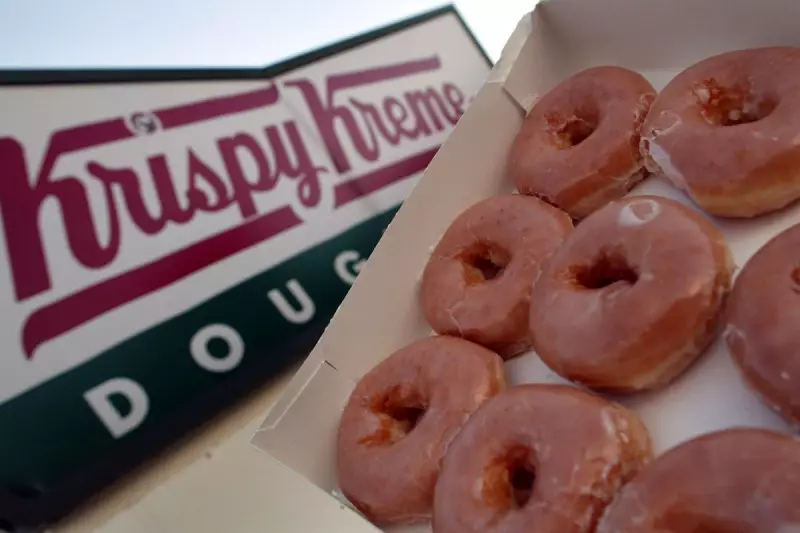
The famed glazed doughnuts of Krispy Kreme are facing a less sweet reality in the UK market. New reports indicate the beloved American chain is experiencing a surprising sales dip, putting pressure on its franchise owners and signalling a shift in consumer spending habits.
Behind the cheerful storefronts and the iconic 'Hot Now' sign, a more challenging economic picture is emerging. The company's parent corporation, Krispy Kreme Inc., has flagged that its British operations are a notable exception to its overall global growth, specifically citing 'softness' in sales across the UK.
The Inflation Squeeze on Sweet Treats
This downturn is largely attributed to the ongoing cost-of-living crisis. As household budgets are stretched thinner by soaring energy bills and grocery costs, discretionary spending on luxury food items like premium doughnuts is often the first to be cut.
Franchisees, who operate the vast majority of Krispy Kreme's UK outlets, are feeling the pinch most acutely. They are caught between rising operational costs—from ingredients to electricity—and the need to keep prices palatable for customers who are increasingly watching their pennies.
A Change in Strategy
In response to these headwinds, the company is being forced to rethink its approach. The focus is shifting from rapid expansion to maximising the performance of existing locations.
Key to this new strategy is a significant push into the grocery sector. By placing its products in supermarket fridges and on convenience store shelves, Krispy Kreme aims to capture customers who might not make a special trip to a standalone shop but will impulse-buy at their local Tesco or Sainsbury's.
This pivot to capitalise on off-premise sales is seen as crucial for insulating the business from fluctuating high street footfall and aligning with modern shopping behaviours.
A Sticky Patch or a Long-Term Trend?
The question now is whether this sales slump is a temporary blip or a sign of a more permanent change. The outcome hinges on two factors: how long inflationary pressures persist, and whether Krispy Kreme's strategic shift to retail partnerships can successfully offset the decline in its own shop sales.
For now, the dream of a warm, glazed doughnut remains, but the path to profitability for those selling them has become considerably more complex.





